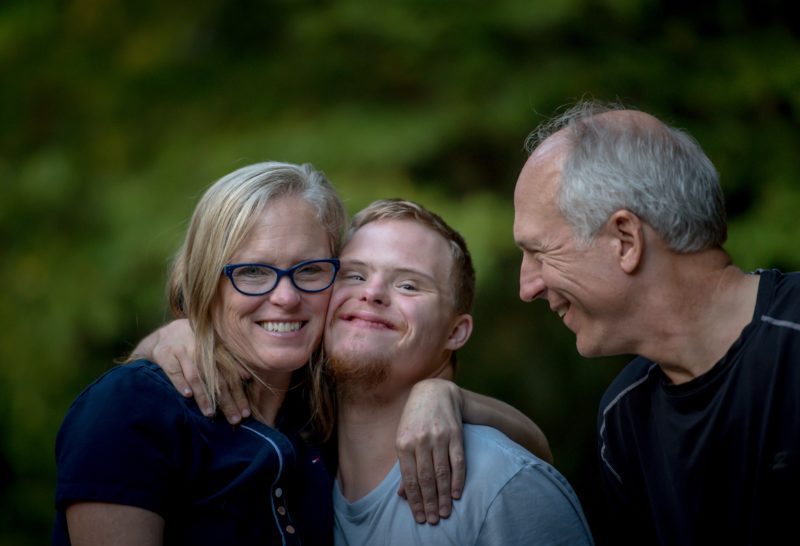Pursuing Partnership Part 12: The Place of Care over Fear?


By Eva Burkholder, Christar-Asst Member Care Dir.
This article is part of the series Pursuing Partnership: Men and Women in Ministry.
Part 12: The Place of Care over Fear?
Betsy, a single woman, co-directed an internship in a cross-cultural setting with a married man. On one occasion, their group ministered in a slum. As the day came to a close, they discovered that due to miscommunication only one vehicle remained for the two of them. This was a problem because the man and his wife had made an agreement to observe “the Billy Graham rule” — they would not ride in a car alone with someone of the opposite gender as a protection for their marriage.
When they realized their dilemma, the man began to think of solutions out loud. It was beginning to get dark and the environment of the slum began to shift to night life. While Betsy respected the marriage of this colleague, she felt uncomfortable. She recalls, “I so appreciate the guardrails my friends had put up to honor their marriage. However, I felt insecure and vulnerable the moment the sun was going down in that slum. I felt I was a problem to be solved in light of the rule, when I wanted to be treated like a daughter of God to be protected.”
Whether purposefully or not, women have received the message that their bodies are dangerous, and they cannot exert their influence or show up in places with men because they might cause their brothers to stumble or worse yet, to fall. Some are afraid to have women at the table because they think it will inevitably lead to an affair. In their effort to “abstain from all appearances of evil,” they have inadvertently treated their sisters as temptations and thus kept them out of the conversation. Most women have no desire to sexually tempt a colleague, they only want a ride, or help with a clogged drain, or a chance to be included, to be mentored.
Since we have all been created male and female and our sexuality is good, I suggest that the way forward is to treat one another as brother and sister, the primary language of the New Testament for believers, rather than as sexual threats.
Joseph H. Hallerman writes that in Jesus’ world, blood relationships were of primary importance, in fact the brother-sister relationship was the strongest. Because marriages were arranged for the continuance of the patrilineal line and brides were strangers in their new home, one’s primary affection and loyalty were to one’s siblings. Therefore, when Jesus said that one’s spiritual brothers and sisters were to take precedence over one’s blood siblings, it was hugely counter-cultural.
Betsy found a way forward. She interrupted her co-director and asked if they could call his wife and request that an exception to be made. Of course, his wife had no issue and the situation was resolved. That day she made a decision: “I prayed, then, that if the Lord gave me a husband, that I would gladly trust him to protect other sisters. I pray God raises up men who have integrity, honor their marriages, and develop the discernment to know when and how to protect others.”
How might your agency help ensure that women are part of the conversation and honor marriages at the same time?
What would it look like to treat our colleagues, single and married, as true brothers and sisters? How might that change the ability to work together?
Further Reading
Hallerman, Joseph E. 2009. When the Church was a Family: Recapturing Jesus’s Vision for Authentic Christian Community. Nashville, TN: B&H Academic. (See chapter 2)
Eenigenburg, Susan E and Suzy Gremelot. 2019. Sacred Siblings: Valuing One Another for the Great Commission. Littleton,CO: William Carey Publishing.
Edwards, Sue, Kelley Matthews and Henry J. Rogers. 2008. Mixed Ministry: Working Together as Brothers and Sisters in an Oversexed Society. Grand Rapids, MI: Kregel Publications.
This article is submitted by Wendy Wilson of Missio Nexus and of Women’s Development Track. Women’s Development Track is a Missio Nexus member. Member organizations can provide content to the Missio Nexus website. See how by clicking here.



Responses